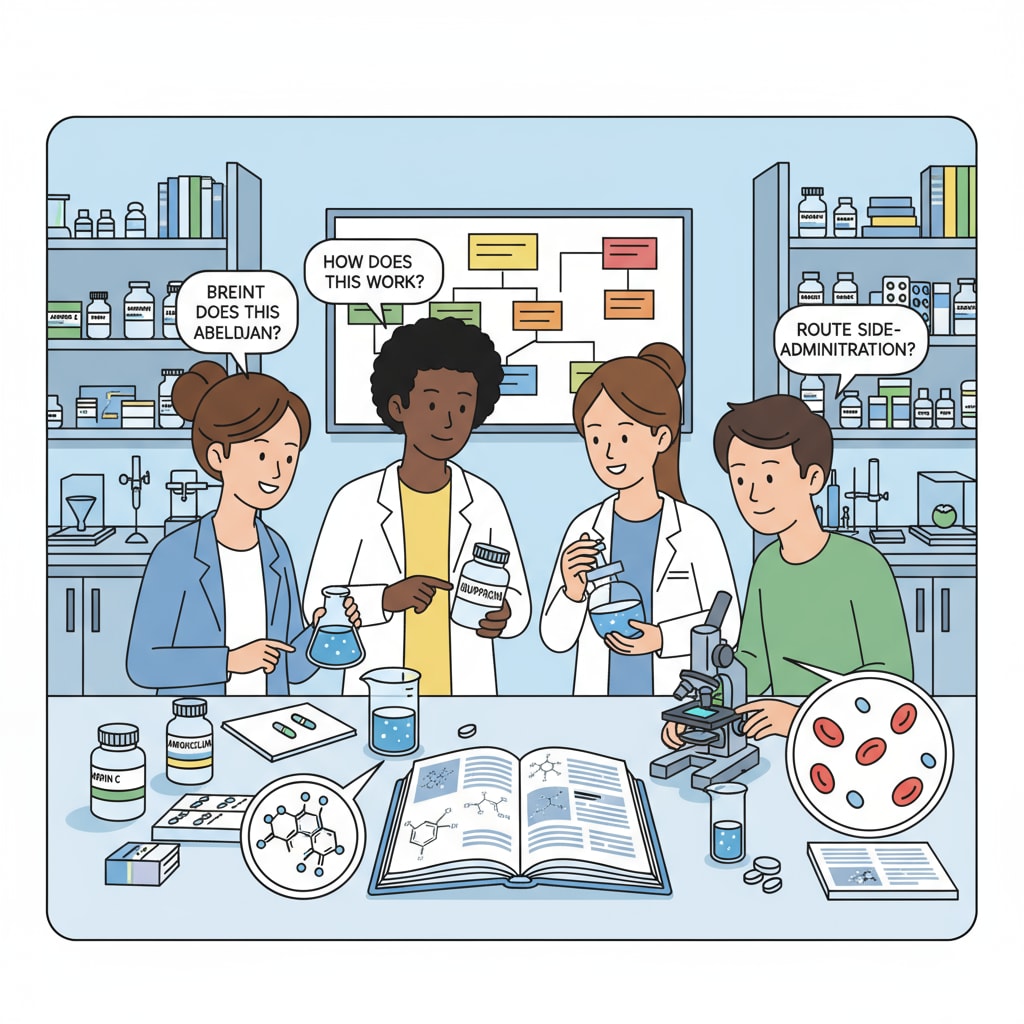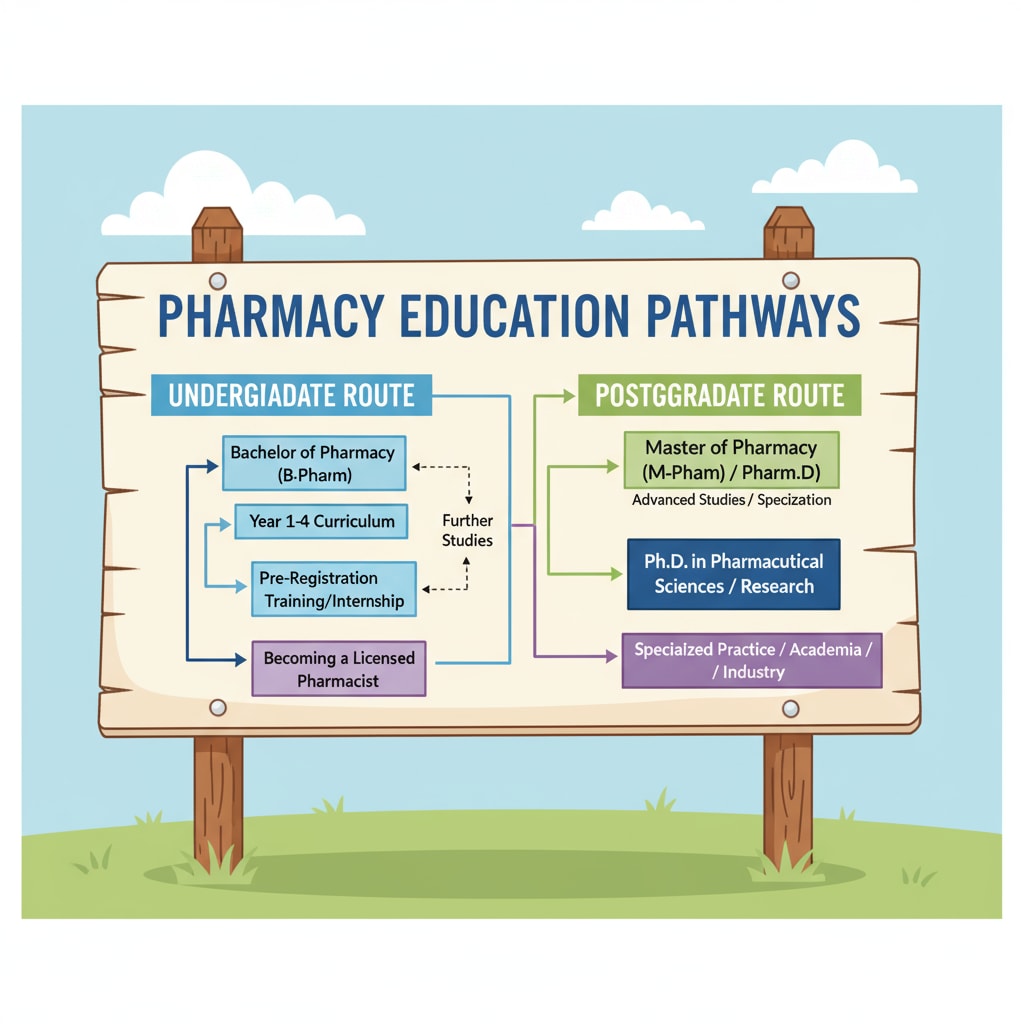In the realm of UK education, the current state of pharmacy education reveals a significant shortcoming when it comes to postgraduate entry programs for graduates from other disciplines. This issue is particularly notable when compared to the medical field, which offers well-established 4-year postgraduate entry programs. Pharmacy, postgraduate entry programs, and UK education are intricately linked, and this gap has far-reaching implications.

The Current Landscape of Pharmacy Postgraduate Entry
The UK pharmacy education system has, for the most part, focused on traditional undergraduate pathways. Aspiring pharmacists typically enter through undergraduate programs straight from high school. However, in recent years, there has been a growing recognition of the value of diverse backgrounds in the pharmacy profession. Despite this, the development of postgraduate entry routes for non-pharmacy graduates has been lagging. For example, in contrast to medicine, where individuals with degrees in various fields can transition into a medical career through dedicated postgraduate programs, the pharmacy field has not provided similar opportunities on a large scale.

Reasons Behind the Lack of Postgraduate Entry Routes
One of the main reasons is the complexity of pharmacy curricula. Pharmacy courses require a solid foundation in scientific subjects such as chemistry, biology, and pharmacology. Educators may be concerned that non-pharmacy graduates may lack the necessary knowledge base to keep up with the rigorous demands of pharmacy education. Additionally, there may be resource constraints. Developing and implementing new postgraduate programs requires additional faculty, teaching facilities, and curriculum development efforts. As a result, universities may be hesitant to invest in creating these pathways.
The implications of this lack are significant. For talent development, it restricts the pool of potential pharmacists. Many individuals with diverse educational backgrounds, such as those in engineering, computer science, or the social sciences, could bring unique perspectives and skills to the pharmacy field. By not providing postgraduate entry routes, the industry misses out on this diverse talent. In terms of industry development, a more diverse workforce could drive innovation. For instance, those with engineering backgrounds could contribute to the development of new drug delivery systems, while computer scientists could enhance pharmacy informatics. However, the current situation limits such possibilities.
Readability guidance: As seen above, short paragraphs and clear headings are used to present information. Lists could be further incorporated to summarize key points. The passive voice is minimized, and transition words like ‘however’, ‘for example’, and ‘additionally’ are used to enhance flow.


